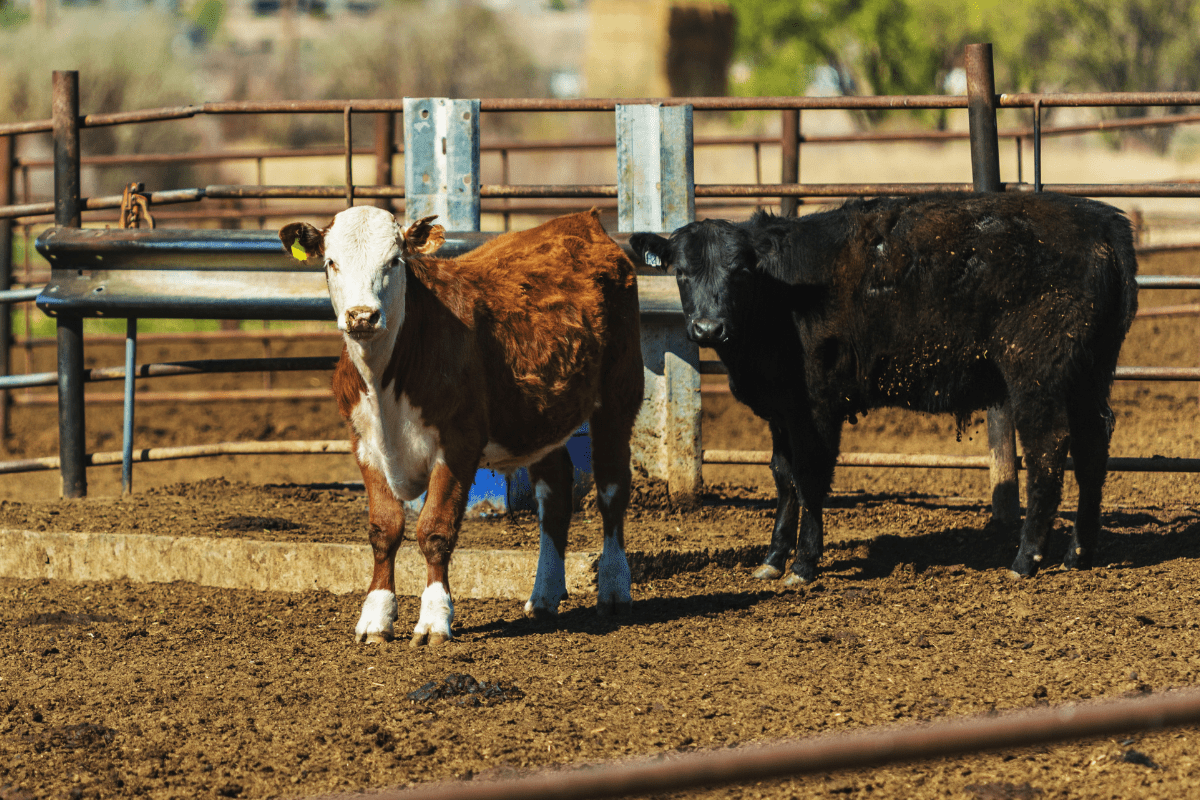Article originally published in the Daily Hive.
Members of Parliament may soon be voting on a federal private member’s bill that would impose hefty fines and jail time on those who expose animal cruelty and welfare issues on farms. While it’s being promoted as a measure to protect biosecurity, something far more sinister is happening beneath the surface.
In reality, Bill C-275 proposes a measure that’s well-known among animal advocates as “ag-gag” laws: punitive restrictions that target whistleblowers, journalists, and others who aim to shed light on hidden conditions and illegal cruelty within the animal agriculture system.
Ag-gag laws were first devised by the powerful US farm lobby in response to undercover investigations by animal advocates that showed the public the truth about the often-appalling conditions on factory farms. These exposés regularly caught farms cramming animals like pigs and chickens into tiny, filthy cages; workers hitting, kicking, and punching animals; botched euthanasia; and much more. The abuse captured on camera was bad press for the meat, dairy, and egg industries, and threatened to interfere with profits. But rather than addressing the crisis of cruelty, legislators in several US states instead passed ag-gag laws that made it illegal for undercover whistleblowers to film on farms—ensuring the abuse would stay behind closed doors.
Undercover investigations into factory farms became common in Canada in the 2010s, exposing heartbreaking animal suffering and leading to prosecutions and conviction, such as at Chilliwack Cattle Sales, where an undercover video led to some of the largest animal cruelty fines in Canadian history. The farm industry soon started pushing for ag-gag laws—Alberta and Ontario both introduced laws banning undercover whistleblowers in 2019—and imposing incredibly punitive fines on trespassers. Manitoba and PEI have passed their own versions of ag-gag laws since then, and the first federal ag-gag bill was introduced in 2019.
Ag-gag laws are so damaging to transparency that courts in six US states have struck them down as a violation of free speech provisions in the US Constitution. Animal Justice is leading a legal challenge to Ontario’s ag-gag laws, with the case slated to be heard this fall.
It’s clear these laws limit much-needed transparency on farms, but are they a necessary evil to prevent trespassing and protect biosecurity, as they purport?
If we look at the laws already in place, it’s evident these laws are not about trespassing at all. The justice system is well-equipped to respond to trespass; each province has general anti-trespass and similar laws which have been used to prosecute people who enter farms without permission.
In fact, existing laws have already been used in a way that is favourable to the animal agriculture industry. Many Canadians were disturbed by the high-profile case of the Excelsior 4 in BC last year, which saw advocates put on trial for exposing horrific cruelty at Excelsior Hog Farm. Two advocates were convicted of criminal mischief for entering a farm after the court forbade them from providing evidence of the unjust and potentially illegal cruelty as a “defense of necessity,” further withholding the transparency that Canadians expect in their food system.
Within a justice system already used to serve the bottom line of the animal agriculture industry, Bill C-275 would do more than punish trespassers; it could jail people who bring a camera or tape recorder onto a farm without permission—including undercover advocates, existing workers, or even someone visiting a farm on an “open house” day. It would also doubly punish undercover investigators in provinces such as Alberta and Ontario that already have ag-gag legislation in place. Shockingly, fines for violating the ag-gag law could be as high as half a million dollars.
Disease outbreaks happen regularly on farms, but animal advocates aren’t the cause. Animal Justice analyzed data compiled by the Canadian Food Inspection Agency (CFIA), which monitors and investigates reportable disease outbreaks in Canada. The report reveals that standard farm practices and poor adherence to biosecurity protocols by farmers are regularly linked to illness and lethal diseases—such as inadequate hand-washing, failure to change boots and clothing, sharing equipment between farms, sharing needles, or in the case of mad cow disease, feeding infected cow flesh to other cows.
If Bill C-275 was serious about stopping diseases on farms, it would set out clear, legal standards for biosecurity in Canada—which don’t currently exist.
It’s obvious that ag-gag laws have little to do with biosecurity or protecting the food supply, but everything to do with hiding the poor conditions where animals are kept. Animals kept on farms deserve national regulations protecting their well-being, coupled with transparent, proactive monitoring and enforcement such as publicly available reporting and surveillance footage. MPs should reject dangerous ag-gag laws, and instead focus on protecting animals farmed for food and increasing transparency.

